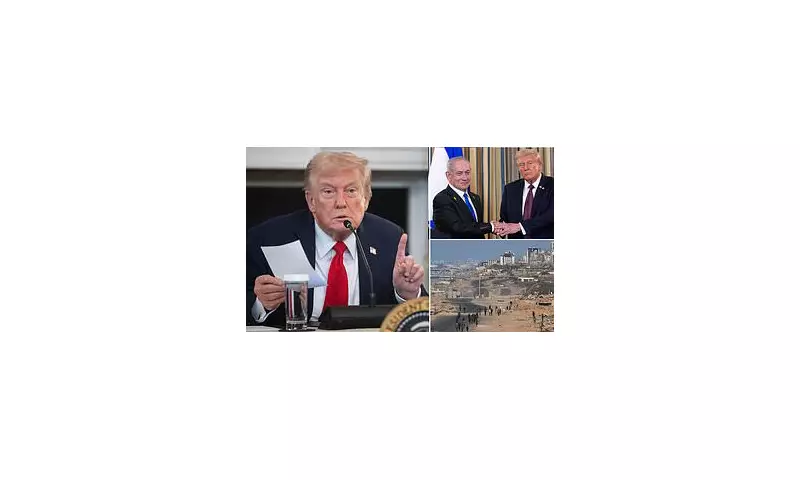
In a revelation that has stirred political circles on both sides of the Atlantic, former US President Donald Trump has been consistently overlooked for the Nobel Peace Prize despite brokering several landmark peace agreements during his tenure.
The Diplomatic Achievements That Went Unrecognised
During his presidency, Trump orchestrated the groundbreaking Abraham Accords, which normalised relations between Israel and multiple Arab nations including the United Arab Emirates, Bahrain, and Sudan. These agreements represented the most significant Middle East diplomatic breakthrough in decades, yet Nobel judges repeatedly passed over the former president when considering candidates.
Insiders close to the nomination process suggest that Trump's controversial political style and polarising international reputation may have influenced the committee's decisions, despite the tangible outcomes of his diplomatic efforts.
Nobel Committee's Historical Pattern
The Nobel Peace Prize has frequently recognised American presidents for their international efforts, with Barack Obama receiving the award in 2009 after less than a year in office. This contrast has led many Trump supporters to question whether political considerations outweighed objective assessment of diplomatic achievements.
"The pattern is difficult to ignore," noted a Westminster foreign policy analyst. "When you compare the concrete outcomes of the Abraham Accords against some previous awards that were based more on promise than delivery, it raises legitimate questions about consistency in the selection process."
Broader Implications for International Diplomacy
The snub highlights ongoing debates about how political personalities can overshadow substantive achievements in international relations. Some experts argue that the Nobel committee's decisions reflect broader European and international scepticism toward Trump's unconventional approach to statecraft.
Meanwhile, the former president's supporters point to this oversight as evidence of institutional bias against conservative leaders, suggesting that diplomatic successes should be evaluated separately from personal popularity within international elite circles.
The controversy continues to resonate as observers watch whether future Middle East peace efforts will receive similar scrutiny from award committees, or if Trump's exclusion represents a unique case in Nobel history.






